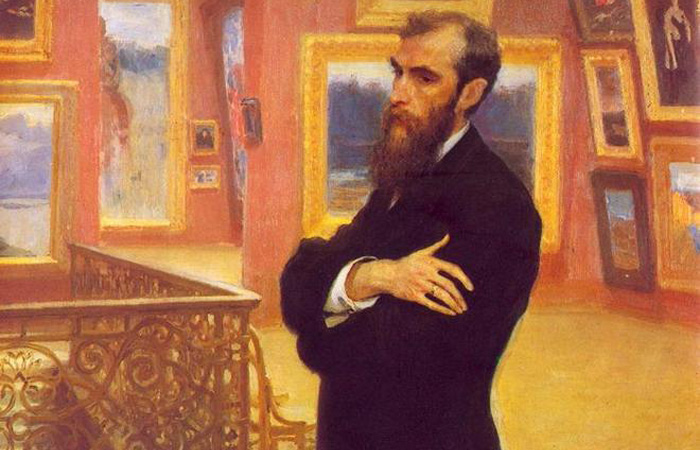volcanic
A LITTLE ABOUT WALL PAINTING
 FRESCO
FRESCO
Fresco (derived from ital. fresco, literally-fresh) – one of the techniques of wall painting. The painting is written on raw plaster paints diluted in water. When dried, a film is formed on the surface, which protects the fresco, making it extremely durable. The fresco was known already in the period of Aegean culture (2 thousand years BC), but its heyday falls on the Renaissance. Artists of this era used multilayer polished soils with the addition of marble dust. Outstanding masters of fresco painting of the Renaissance were Michelangelo and Raphael. In Christian culture, the fresco has become a favorite way to decorate the inner and sometimes outer walls of the temple.
Today, a fresco is called any wall painting. Continue reading
Jackson Pollock
Music sounds everywhere
chamber
William de Kunning
undoubtedly from a loved
airbrushing
Piranesi
order not to leave his competitors
cord to exit the mixer
background
neutral
Ricci
informational
mood
techniques
watering
horses
portrayed
literary
historical
mark Rothko
bandanas
Panini
composite
lakes
umber
opinion regarding various musical
Canaletto
manufacture
exact
buildings
and after that he had
hunting scenes
battle
first place
seascapes
creates
landscapes
Hans Hoffman
Indochina
paintings
battles
household
their mass death
garland
peaks
cartouche
portraits
the fury
halls and stadiums
volcanic
painting
landscape
Giovanni
sometimes
who
emotional
military campaigns
harmony of things
where he studied literature
Netherlands
praising military valor
mountains
pumice
rivers
it will be recorded
explicit
images
Arshil Gorki




